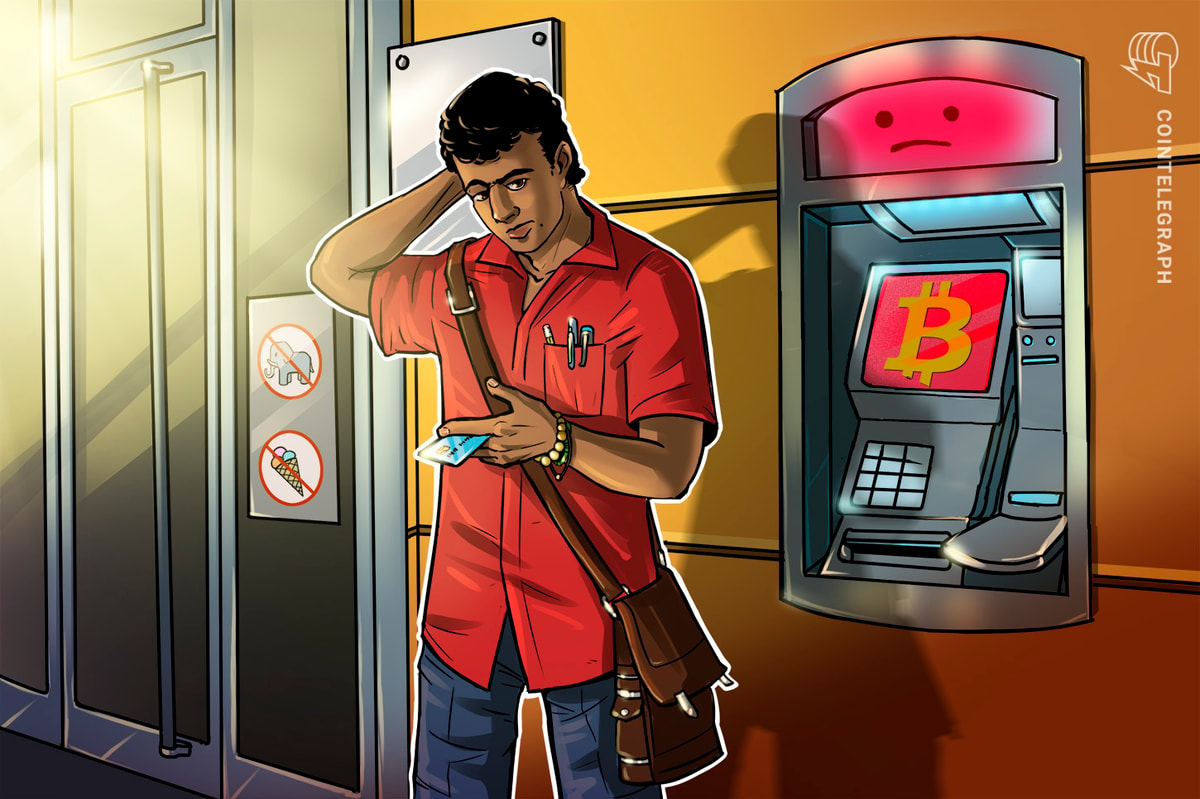A New York judge has granted a request from prosecutors to defer civil proceedings from the Commodities Futures Trading Commision (CFTC) and the Securities Exchange Commision (SEC) until after Sam Bankman-Fried’s criminal trial in October.
U.S. District Judge of Manhattan Kevin Castel on Feb. 13 granted the motions to stay the civil proceedings “without prejudice,” meaning the cases will now be halted until after the Department of Justice's (DOJ’s) criminal trial concludes.
The motion was first submitted on Feb. 7 by Damian Williams, U.S. Attorney for the Southern District of New York, requesting to defer both civil cases against the FTX founder and former CEO.
both civil cases (one from the SEC and one from the CFTC) have been stayed until the conclusion of the criminal trial against Sam Bankman-Fried https://t.co/3i28naGtnl
— Molly White (@molly0xFFF) February 14, 2023
Citing his reasons for wanting the delay, Williams emphasized that all three cases will most likely be hinged on providing the same evidence against Bankman-Fried, and that the DOJ’s trial in October will have a “significant impact” on these civil cases.
He also suggested that failing to delay the cases may give SBF unfair advantages in the DOJ’s trial, as the FTX founder had the tools to “improperly obtain impeachment material regarding the government’s witnesses, circumvent the criminal discovery rules, and improperly tailor his defense in the criminal case.”
Bankman-Fried’s legal team did not oppose William’s motion to defer the proceedings.
Related: FTX liquidators report exchange held $2.4M ‘fleet of vehicles’ in the Bahamas
In a related court development on Feb. 9 concerning SBF’s alleged witness tampering antics, Judge Lewis Kaplan of the United States District Court for the Southern District of New York extended the FTX founder’s ban on using all encrypted messaging apps until Feb. 21, as part of his bail conditions.
A week prior, SBF's legal team had negotiated a deal to use certain encrypted apps under strict supervision, however Judge Kaplan ultimately overruled it and suggested that he was more concerned about shutting down any encrypted communication than offering SBF a small convenience.











